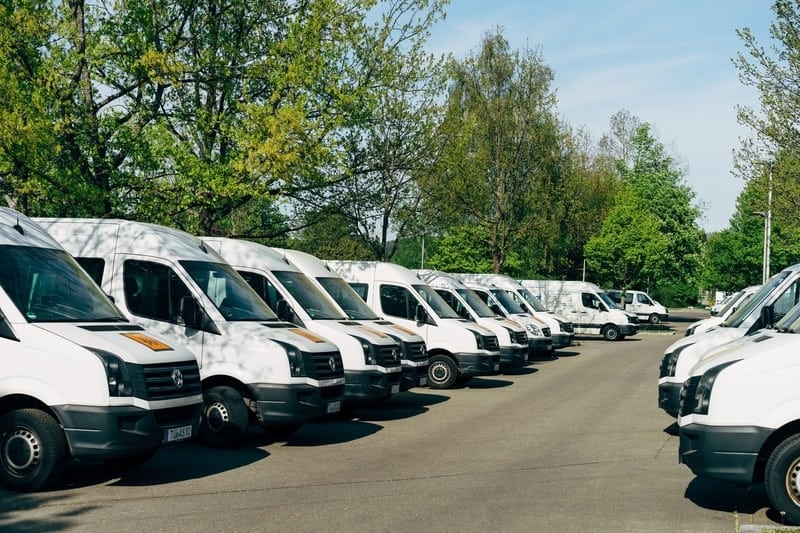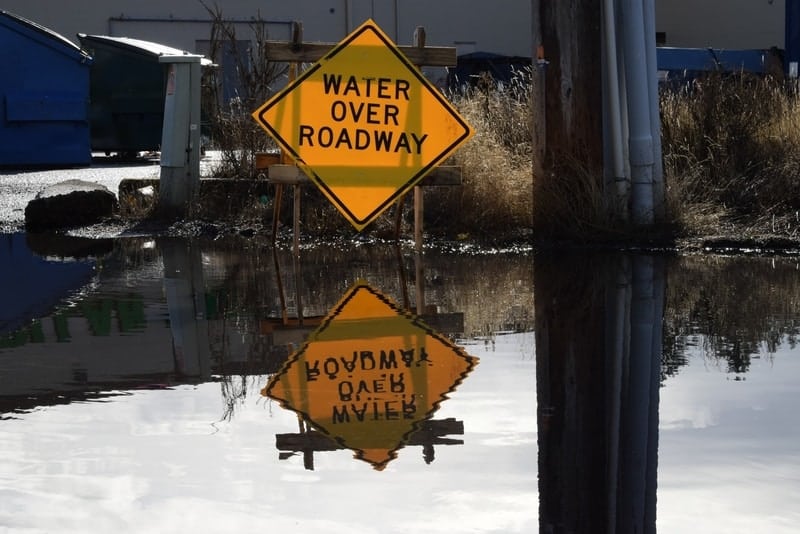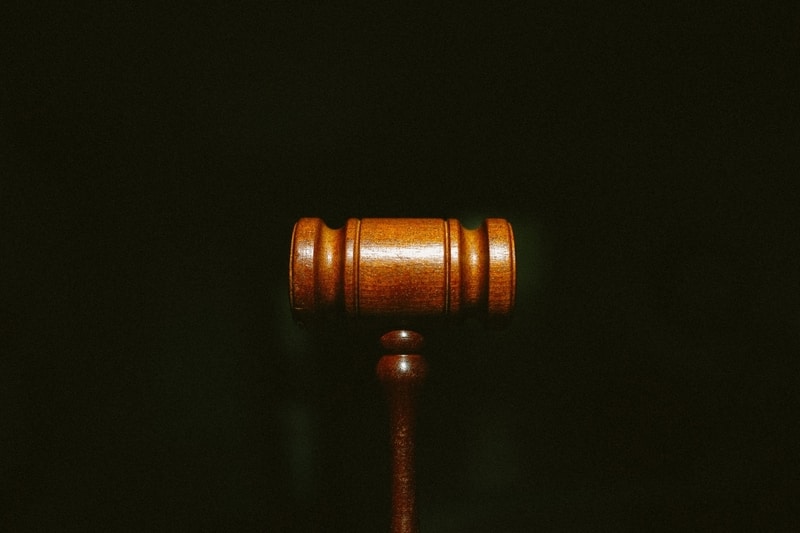There are a many variables business owners need to seriously consider, and business insurance is one of them. From property insurance covering acts of God to business liability insurance, there are a number of business insurance options available. Read on to learn about the different types of business insurance you can use to protect your company.
Difference Between Individual And Business Insurance
As a business owner you may be wondering, “What type of business insurance do I need?” But before looking at obtaining insurance cover, it is important to understand the difference between individual and business insurance.
Insurance types for business cover companies for the losses they incur due to certain events in their day-to-day operations. On the other hand, individual insurance is insurance cover that protects a person from loss due to illness and legal claims, to name a few.
Managers and owners of companies need to look at all the different types of insurance for their business and choose what works best for the entity.
8 Types Of Business Insurance
There are eight types of business insurance every business owner should be aware of. The eight different business insurance types include the following:
- Property insurance
- Business vehicle insurance
- Business interruption insurance
- Employers’ liability insurance
- Business liability insurance
- Key person insurance
- Business owner’s insurance
- Directors’ and officers’ insurance
Property Insurance
One of the most common types of business insurance is property insurance. This type of business insurance covers a business’s premises as well as its assets in the event of theft, damage, or a natural disaster.
Business assets covered by property insurance include items such as equipment, machinery, computers, inventory, and tools. Most businesses will benefit from property insurance, regardless of the industry they are in, as the cost of repairing or replacing property is high. Many businesses don’t have the cash to cover these costs outright.
Businesses can lose income if they’re not able to operate because of property damage. Business property insurance helps business owners replace or repair property, so the business can continue to operate and generate revenue.
Property insurance will protect a business’s premises and property within those premises from damage, theft, and loss. This is important as brick and mortar businesses (as well as other businesses) require fixed property to be able to continue operating and generating revenue. The cost of repairing or replacing fixed assets is high, so having property insurance to cover it is beneficial.
Business Vehicle Insurance
Business vehicle insurance provides coverage for a business’s vehicles. This will cover all business vehicles in the event of damage or loss of spare parts.
Cover can also include damages or losses incurred to factory fitted accessories. In some cases, motor insurance covers the medical expenses of passengers involved in an accident. It also covers the cost of securing and removing an insured vehicle after an accident.
If a business owns a fleet of vehicles, say, a trucking business, then it stands to reason that obtaining business vehicle insurance is a non-negotiable. This will help the business avoid tremendous loss of income due to damaged or missing vehicles.
Vehicles covered by auto insurance include cars, caravans, trailers, motorcycles, buses, trucks, commercial vehicles, and private vehicles. A business owner will have to check what type of vehicles are covered under a business vehicle insurance policy.
You can even obtain insurance covering goods in-transit. This will provide cover against damage from theft and hijacking, to name a few. Businesses involved in distribution will greatly benefit from this.
Business Interruption Insurance
A classic South African business insurance example, business interruption insurance will cover a business that has suffered a loss of income in the event of a disaster (or business interruption). These unexpected events include protest action (preventing employees from arriving at work) or flooding caused by a natural disaster. This may result in a business being unable to manufacture products or make sales calls to prospective clients.
Business interruption coverage can include cover for fixed expenses, loss of operating profit, and additional working expenses.
Fixed expenses include expenses that don’t change based on business activity levels, such as rent, depreciation, and salaries. These expenses must be paid irrespective of whether the business makes a profit or loss.
Operating profit refers to the business’s earnings before interest, taxes, depreciation, and amortisation. Simply put, this is profit made from the operations of a business.
Additional working expenses are those expenses that are incurred to continue the operations of a business and minimise interruptions that may cause a loss in turnover. Examples of this include overtime wages paid to employees and the rental of temporary premises.
Lastly, business interruption insurance is an essential type of insurance cover that will protect a business from losses in income due to business interruptions. This is insurance cover that every business should have, especially in South Africa.
With service delivery protests, other forms of protest action, loadshedding, flooding, and more, many South African businesses require business interruption insurance to safeguard their income, and ultimately, survival.
Employers’ Liability Insurance
This type of business insurance protects a business in the event that it is liable to pay for damages to an employee for injuries sustained during an accident whilst working. This includes injury, sickness, or death of a person employed and under contract by a business owner. An example could be a construction worker falling from their ladder whilst on-site.
Employers’ liability insurance is necessary because it protects companies from litigation and compensation costs incurred as a result of employee claims made against the business. This could prove incredibly beneficial as the business won’t have to pay cash towards employee claims, and instead use the money as part of the working capital of the business. The payout from employers’ liability insurance will pay the affected employee.
Business Liability Insurance
Business liability insurance covers the business in the event it faces a lawsuit or has claims made against it by a third party. These third parties are not employed by the business and could be suppliers, creditors, clients, or customers.
Lawsuits of this nature include being sued for alleged negligence, failure to deliver goods, and breach of contract, to name a few. It is important to note that some business liability insurance products may not cover events that occurred before the contract for business liability insurance was signed.
Sole proprietorships and partnerships will benefit greatly from business liability insurance as the legal nature of these forms of ownership do not afford the owners legal protection, as is the case of private companies or public companies. For example, a sole trader is not seen as a separate legal person apart from their business.
Business liability insurance can protect individual owners from paying thousands of rands out of their own pockets to third parties or claimants in lawsuits. These could force it to close its doors due to non-payment and being insolvent.
Having business liability insurance can help professionals who work in high-risk professions, such as law, accountancy, consultancy, and the medical field. Clients of the business may make claims against the entity regarding unwanted outcomes or alleged negligence.
Lawsuits and legal claims are costly, so this type of insurance can protect the insured business from severe financial loss in the event of being found legally responsible for paying legal costs and payouts. These can range up to hundreds of thousands of rands (or millions of rands, in some cases).
Key Person Insurance
Key person insurance protects businesses from financial loss in the event a key employee of a company dies or is disabled. As morbid as it may sound, it insures the life of a key employee and pays out a lump sum to the company in the event of their death or disability.
This insurance is usually taken out on the life of employees with unique and scarce skill sets.
Business Owners’ Insurance
This type of insurance protects a business owners’ income should the business be unable to operate. It covers owners’ lost income do to not being able to run the business due to property damage caused by strikes, political rioting, or terrorism.
Directors’ And Officers’ Insurance
This covers the company’s directors’ and officers’ personal assets. It also covers for legal defence expenses and settlements if a director makes a decision on behalf of the firm that has a detrimental impact on its profitability or operations.
Things To Consider When Choosing Business Insurance Policies
As a business owner, there are a number of variables you have to consider when choosing a business insurance policy:
- The size of your business
- The number of employees you have
- The location of the business
- The type of business you have
- The form of ownership of the business
- Your business’s claim history
Types Of Business Insurance Policies — Getting The Best Cover
Business insurance coverage types vary and it is important for business owners to ensure that their businesses receive adequate cover. This is accomplished by learning about the types of insurance necessary for business survival.
By getting the best cover for a business, not only are owners protecting their businesses, but they are also giving themselves room to focus on running and expanding their businesses.
Jump to:








Leave a Reply